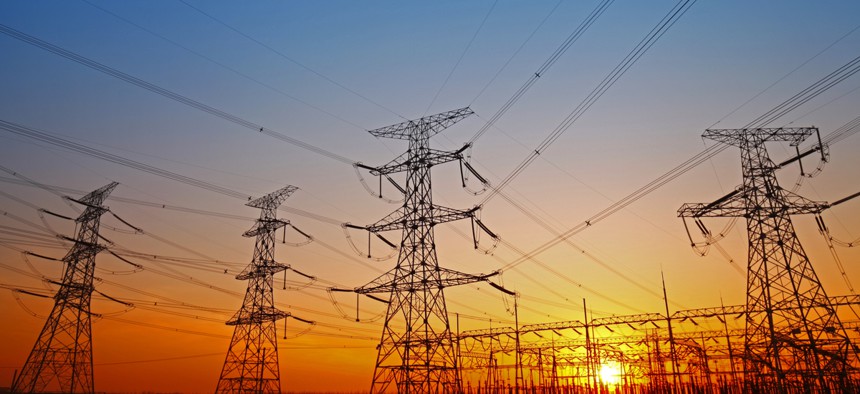6 Cyber Bills You Might Have Missed

pan demin/Shutterstock.com
The bills aim to strengthen the Homeland Security Department’s cybersecurity efforts and help the energy sector improve its digital defenses.
While whistleblowers and impeachment inquiries consumed much of Capitol Hill’s energy this week, lawmakers quietly advanced a handful of bills to strengthen the government’s cyber efforts and lock down the country’s electric grid.
On Wednesday, the House Homeland Security Committee unanimously approved legislation that would create an advisory group to assist the Cybersecurity and Infrastructure Security Agency in developing and enacting cyber policies. The cybersecurity advisory committee would be made up of state and local government officials, as well as representatives from a wide variety of industries, including financial services, healthcare, manufacturing, transportation and energy.
Committee members, who rotate every two years, would recommend potential improvements to CISA’s cybersecurity efforts and act as a sounding board for agency leaders as they look for ways to take on new digital threats.
“It is important that as cyber threats continue to evolve at a rapid pace, we ensure that our ability to maintain and protect our networks evolve[s] as well,” Rep. John Katko, R-N.Y., the legislation’s sponsor, said during the committee markup on Wednesday. “This bill ensures we include a multitude of voices in the policy development and the implementation of our cyber defenses.”
During the markup, the House Homeland Security Committee also endorsed a bill that would require the Homeland Security Department to study the threats unmanned aircraft pose to critical infrastructure. As federal officials grow wary of drones’ potential to disrupt public events, smuggle contraband and instigate terrorist attacks, the legislation would help the government better understand the risks and keep tabs on emerging threats.
Lawmakers also gave their stamp of approval to a number of other bills that would enhance the government’s ability to share threat intelligence, respond to cyberattacks and defend the electric grid:
- The Senate on Tuesday passed legislation that would stand up a permanent group of security specialists that agencies and industry could call on when their IT infrastructure gets compromised. The incident response teams, housed within CISA, would assist victims in containing the damage and restoring networks after digital attacks. The House approved a slightly different version of the bill in June.
- The House on Thursday approved the Unifying DHS Intelligence Enterprise Act, which would require the agency to draft overarching guidance for sharing information among its various intelligence offices, as well as with other industry and government groups.
- The Senate Committee on Energy and Natural Resources on Wednesday forwarded two pieces of legislation to lock down the electric grid: one bill would require the Energy Department to “develop advanced cybersecurity applications and technologies for the energy sector,” and the other would prompt the agency to offer additional resources to help utility companies find and address cyber vulnerabilities.
NEXT STORY: House bill seeks a cyber playbook






